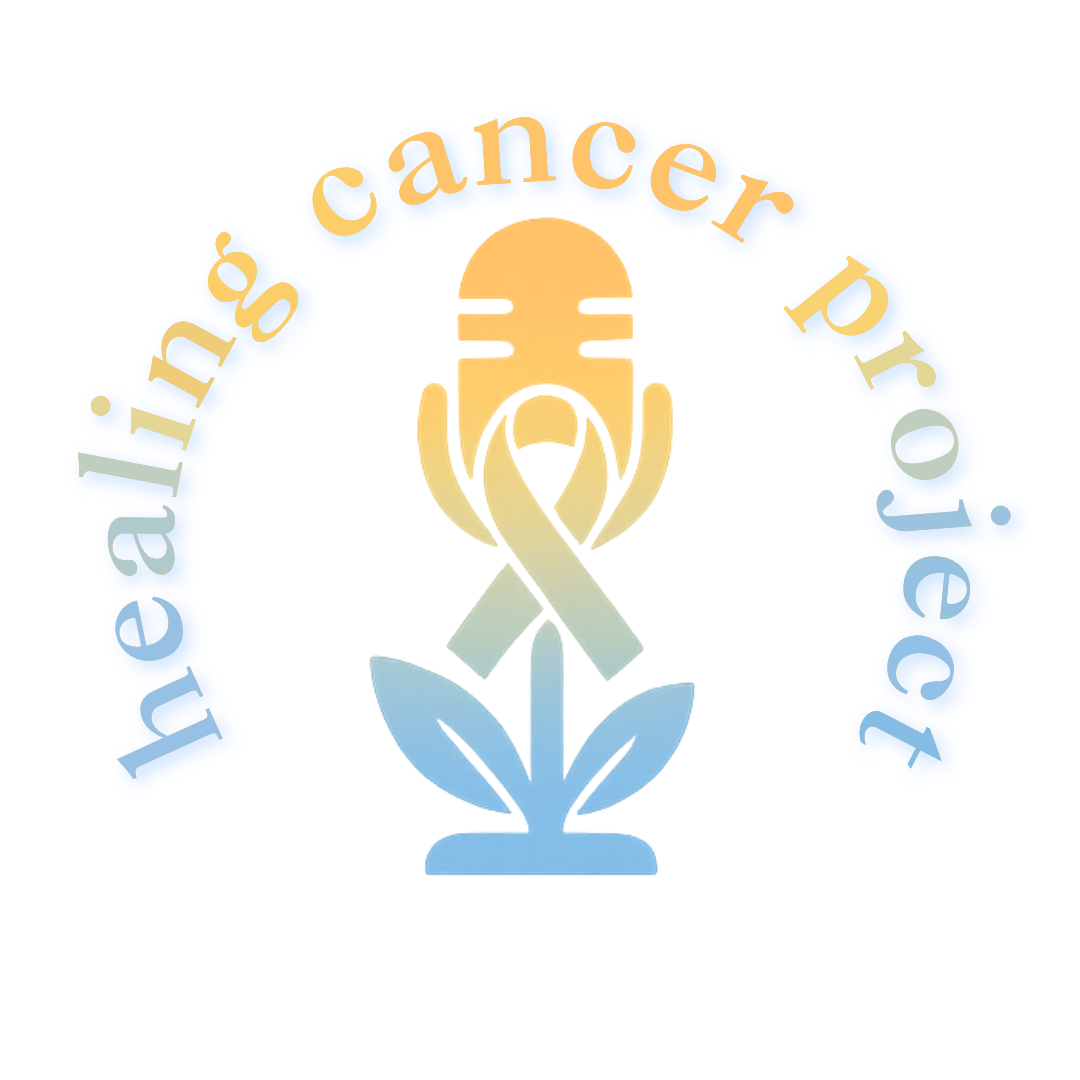
Supporting Mental Health During Cancer Treatment
Caring for your mental and emotional well-being is just as important as physical health during cancer treatment. Practices like meditation, music therapy, and cultivating positive thoughts can help reduce stress, improve mood, and even enhance the body’s ability to heal.
Here are some effective ways to support your mind:
1. Meditation for Relaxation and Focus
Meditation calms the mind, reduces anxiety, and promotes emotional balance.
Mindfulness Meditation: Focus on the present moment by observing your thoughts, feelings, and sensations without judgment.
Loving-Kindness Meditation (Metta): Cultivates compassion by silently repeating phrases like "May I be happy, may I be healthy" and extending those wishes to others.
Guided Visualization: Use imagery to picture healing, such as envisioning your body fighting cancer or a peaceful, serene place.
Body Scan Meditation: Mentally check in with each part of your body, releasing tension and fostering awareness.
2. Positive Thinking and Gratitude Practices
Positive thoughts can enhance emotional resilience and reduce stress hormones.
Daily Gratitude Journaling: Write down 3–5 things you’re grateful for each day to shift focus away from worry.
Affirmations: Repeat positive affirmations such as "I am strong" or "I am healing every day" to foster optimism.
Focus on Small Wins: Celebrate small victories, like completing treatments or enjoying a good day.
3. Music Therapy for Emotional Healing
Music therapy helps reduce pain, improve mood, and manage treatment-related stress.
Listening to Music: Uplifting or calming music can improve emotional well-being and create a sense of peace.
Active Music Making: Playing instruments or singing can provide a creative outlet and boost feelings of joy.
Music for Relaxation: Classical or instrumental tracks can reduce anxiety and promote better sleep.
Personalized Playlists: Choose songs that have meaning to you, as familiar music can trigger positive emotions and memories.
4. General Mental Health Practices
Music therapy helps reduce pain, improve mood, and manage treatment-related stress.
Therapy and Counseling:
Work with a therapist trained in oncology-related mental health to process emotions and navigate stress.
Cognitive Behavioral Therapy (CBT) can help manage negative thought patterns.
Support Groups: Connect with others going through similar experiences to share advice, encouragement, and understanding.
Journaling: Writing about your thoughts and feelings can help release worry and provide clarity.
Laughter Therapy: Watch comedies or spend time with people who make you laugh, as laughter reduces stress and promotes well-being.
5. Mindfulness Practices
Breath Awareness: Focus on your breathing to ground yourself in the present moment.
Nature Connection: Spend time outdoors, even if it’s just sitting in a garden or taking a short walk, to reduce stress and enhance mood.
Art Therapy: Express your emotions through drawing, painting, or crafting to process feelings creatively.
6. Spiritual and Philosophical Practices
For those who find meaning in spirituality or philosophy, practices like prayer, reflection, or reading inspirational texts can foster hope and peace.
7. Rest and Self-Compassion
Allow yourself to rest without guilt. It’s okay to have moments of sadness or fatigue.
Be kind to yourself by acknowledging your efforts and focusing on what you can control.
By incorporating practices like meditation, music therapy, positive thinking, and creative outlets, you can build emotional resilience, reduce stress, and create a sense of hope and empowerment during cancer treatment. Always consult with your healthcare provider if you’re considering new therapies or programs.
Disclaimer:
The information provided on this website is for educational and informational purposes only and is not intended as medical advice. While we strive to provide accurate, up-to-date information on various cancer therapies, including both traditional and alternative options, this content should not be used as a substitute for professional medical consultation, diagnosis, or treatment.
We strongly recommend that users consult with qualified healthcare providers before making any healthcare decisions, including but not limited to: starting or stopping any new or existing cancer treatments. Every individual’s health situation is unique, and only a licensed medical professional can provide tailored guidance.
Our goal is to inform and empower, but we cannot guarantee the effectiveness or safety of any therapy discussed on this site. Reliance on any information provided by this website is solely at your own risk.
Some content on this website has been generated or assisted by artificial intelligence, and then has been internally reviewed. Any resemblance to copyrighted material is purely coincidental and unintentional. If you believe any content infringes on intellectual property rights, please contact us for resolution.

